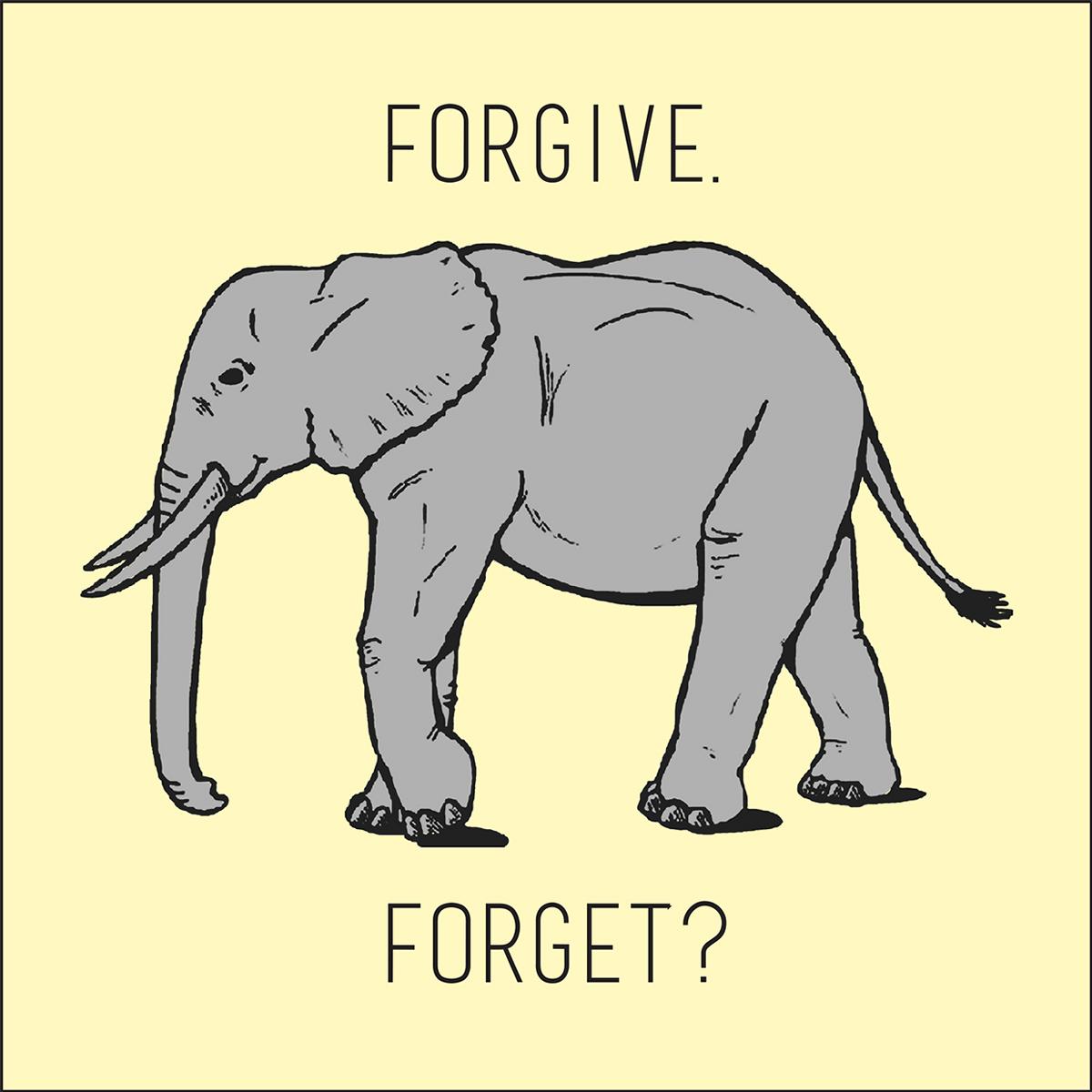
Twentieth century writer and Christian apologist C.S. Lewis said, “Everyone says forgiveness is a lovely idea, until they have something to forgive.”
The very Christian “Love one another” sounds nice, but the more practical aspects of this love prove hard to actually incorporate into our lives. In the same way, saying the words, “I believe in the forgiveness of sins” proves much easier than forgiving a friend who has hurt you. So how do we forgive when people choose not to apologize?
We have people in our lives that have not and maybe will never apologize for insensitivity, forgetfulness or intentional hurt. Some of these wrongs are small, others not so much. The toughest part of forgiving involves these larger wrongs. But we often try to forgive these larger wrongs without practicing on the smaller ones first. Sometimes, we try to work out our Christianity in our big life decisions without realizing that the little things are meant to function as our practice fields, our training grounds.
Forgiveness takes practice, it takes investment. We cannot forgive someone for denting our car or talking behind our backs if we do not first allow ourselves to practice the art of forgiving our housemates for inadvertent harshness or not taking out our house’s trash on time. Jesus asks that we start here, forgiving the people around us for the little ways that they fail to come through, the little ways they fail to do what they ought. In our experience, if we do not start here, the rest is impossible. From our experience, the more we have forgiven, the more we can forgive.
But God’s command for us to forgive still seems counterintuitive. Forgiveness sometimes seems like an act of weakness. Why should we let the other person off the hook if what they did was wrong?
But then we realize something. If we want to be close to Jesus, we need to be like him. After all we do derive the word Christian from the phrase “little Christs”. We find that the less we forgive people, the less we want to go to church and hear truths from God’s word. The less we let go of the way people hurt us, the more we feel attached to our hurt rather than to joy. We start identifying ourselves more with the sin done to us than the man who saves us. And that is a dangerous place to be.
When Jesus came to earth he set about to make us free from all sin, not just our own. Sometimes the sin of other people can keep us from wanting Jesus just as much as our own sin. Thinking, “If they call themselves Christians, why do they hurt me?”, can be just as effective at keeping us from Jesus and his church as our own personal sin.
We can choose what to do with our sin, whether we stop sinning, follow Jesus and ask for forgiveness or not. But we cannot control what another person does with their sin. When we choose not to forgive, we allow the sins of others to keep us from willing good for them. It keeps us from loving them. This is the essence of our choice. We should be people characterized by the love Jesus has for us, not people characterized by holding grudges for the sin of others.







